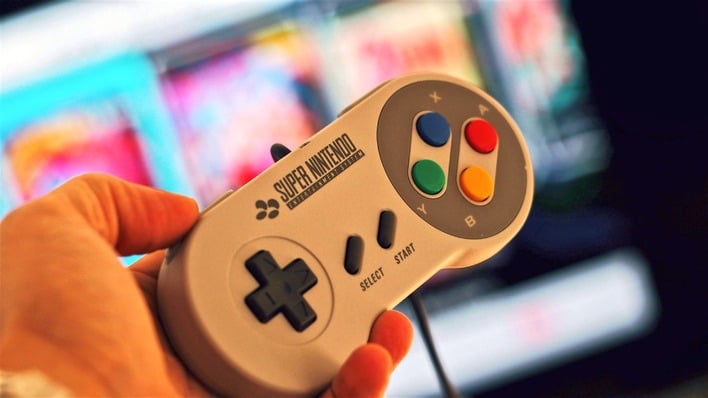
In the game industry, AI-like technology has long been used to control enemy character movements, so I believe that game development and AI technology have always had a close relationship. Generative AI, which has been a hot topic in recent years, can be more creative, but I also recognize that it has issues with intellectual property rights. We have decades of know-how in creating optimal gaming experiences for our customers, and while we remain flexible in responding to technological developments, we hope to continue to deliver value that is unique to us and cannot be achieved through technology alone.
Reading between the lines a little bit, we can take away two major concerns from Furukawa’s statement. First and foremost is that AI has well-acknowledged copyright concerns. Because it’s difficult to determine what data went into a model’s training set—and because effective generative models require massive amounts of training data—using generative AI in a commercial context can be quite a tricky task, and the question of who exactly owns the output of a neural network is one that hasn’t been answered in the courts yet.
However, the other concern he brings up is more nuanced. He notes that his company “hope[s] to continue to deliver value that is unique to [Nintendo],” implying that the use of generative AI can reduce the individuality of the final product. All you need to do to know that this is true is browse games that use AI on Steam. There’s a giant pile of AI-generated shovelware and they all have fundamentally the same art style, which is pleasing, yet ultimately very generic.

Modern generative AI works off of averages, and as a result, what it produces is always going to be something like an average of its training data for a given input. Almost anyone will tell you that Nintendo’s first-party games are nearly unilaterally excellent. In essence, what Furukawa is saying is that you won’t produce excellence by relying on averages of other people’s work.
It’s a sobering message, and one that your author hopes the industry will take to heart. Generative AI has promise in some areas, but the clear truth is that you’re never going to make something truly your own if you’re just relying on machine tools to do the creating for you. Kudos to Nintendo for sticking to its principles.